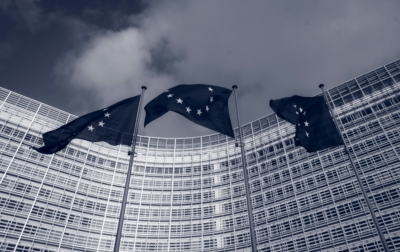“The basic principle is openness, transparency and fully keeping the public informed.” – South Korean foreign minister Kang Kyung-wha (BBC’s Marr Show, 17 March 2020)
The coronavirus pandemic calls for an urgent, ambitious and sustained response. But this can – and must – be done in a way that respects transparency and the rule of law. And as South Korea has demonstrated, full government transparency and accountability are actually key to formulating and implementing an effective response to COVID-19.
In recent years, there have been worrying attempts to undermine political integrity and democratic norms in several EU member states. In moments of crisis we must be especially alert to these threats, as political uncertainty can be easily exploited by decision makers. The current pandemic is no exception. Rushed political measures and the huge sums of money being mobilised to combat the virus are creating an ideal environment for those in power to perpetrate corruption and subvert due process.
Already, we’re seeing this in Hungary, where the government is attempting to force through a law which would impose an indefinite state of emergency – as well as mandating lengthy prison sentences for journalists found to be spreading misinformation about the virus. This caused unrest among independent journalists in the country, who have long found themselves targeted by the government for speaking up against the ruling party. This move has prompted fear on the part of civil society and the international community, that Prime Minister Viktor Orbán could indefinitely rule by decree, and that misinformation laws could serve to stifle independent journalism.
However, we cannot dismiss Hungary as a one-off. The potential for abuses to the rule of law, such as political corruption, limiting free press, and threatening an independent judiciary, exists everywhere and will continue to do so until the EU develops a more robust system for upholding the rule of law.
If we’re to stop democratic erosions, then the EU’s power to enforce the rule of law must be strengthened. This could be achieved through better monitoring and assessment. The European Commission must ensure, in the first instance, that the annual rule of law report envisioned for later this year is carried out effectively. It must be a comprehensive assessment, looking at all 27 member states, and comprising multiple elements that fall under the rule of law.
It is clear that strong rule of law protections are vital during and beyond the COVID-19 crisis. The EU must ensure that member states practice good and transparent governance now more than ever to protect the interests and rights of citizens during these uncertain times. That is why Transparency International EU calls on the European Commission to take swift action should it see blatant threats to rule of law being carried out under the guise of emergency powers.






